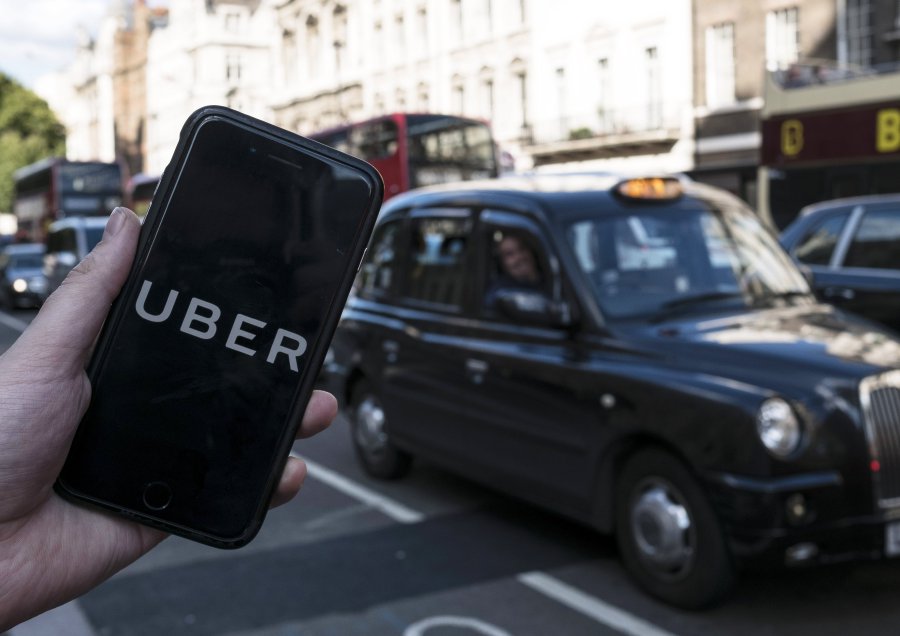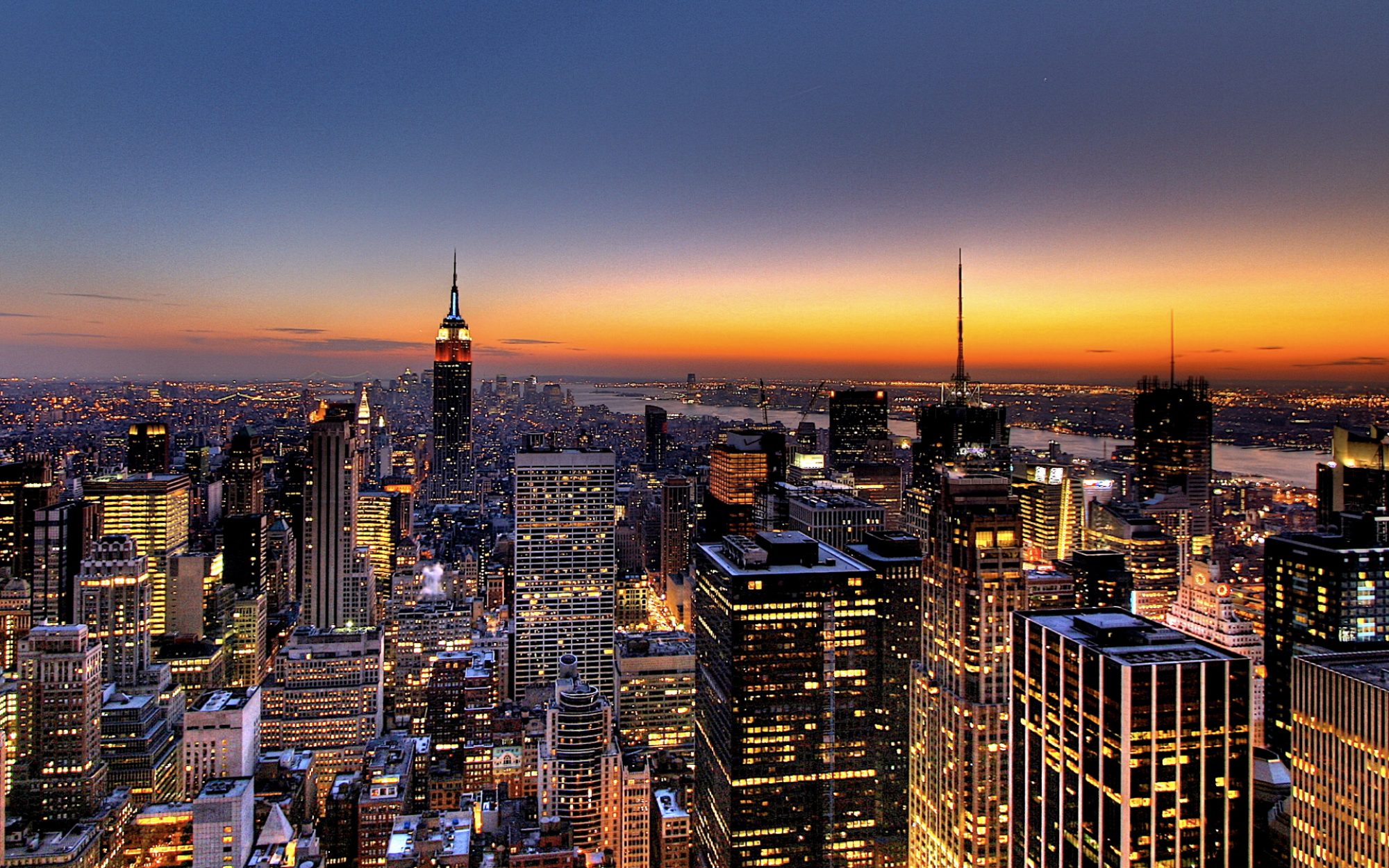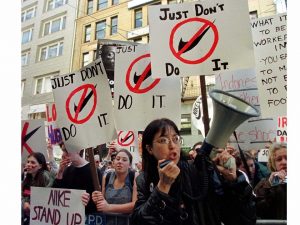One of the biggest success stories in the Silicon Valley, with a net worth of over $70 billion and operating in over 70 countries globally-Uber is clearly leading the market today in providing fast and efficient transportation services at the convenience and need of customers. So will the loss of their license to operate in the city where it has been most successful outside the States really affect this company?
On Friday, Transport for London, the agency which oversees the city’s public transportation system declared that Uber’s license to operate in the city would not be renewed due to their scandalous past and several accusations against operating unlawfully and mistreating their employees and workers, which led them to be deemed as not “fit and proper.”
The company has had several allegations in the past year relating to a range of issues, from using a software ‘Greyball’ to avoid the government from getting complete access to their operations, to shoddy background checks against drivers, lack of severity with which they deal with serious criminal offenses, sexism against women and several complaints of sexual assault against employees by managers. Their long history of lack of corporate responsibility in ensuring their customer’s and employee’s safety finally caught up to them and resulted in this ban.

Uber owned the majority of the market share in London by under cutting prices of their competitors like the black-cabs by 30% and Gett and MyTaxi. Uber’s management style where employees are constantly pitted against one another and rewarded solely on their performance irrelevant of the means by which they have achieved them could be the root cause of these claims. Several former employees’ claims of sexual assault by managers and their seniors and the lack of action heeded by Uber’s HR department just goes to prove the company’s disregard for ensuring employee’s safety and the absence of a healthy workplace culture, where there is mutual respect amongst coworkers and between managers and employees. Travis Kalanick’s own style of leadership could be to blame for enforcing this type of a competitive workplace atmosphere. By openly disregarding local laws and being quick to denounce competitors in an attempt to expand exponentially, Kalanick himself has adopted an aggressive style of leadership.
With 40,000 drivers and 3.5 million customers in London, this ban is most likely to have a massive setback in the company’s operations. The company will have to change its management style and hope to prevent their brand image from being further tarnished by these severe claims. It is shocking to note how these claims have failed to come in the limelight previously considering Uber’s pervasiveness and popularity.
Citations
- PRASHANT S. RAO and MIKE ISAAC. (2017, September 22). Uber Loses License to Operate in London. Retrieved September 23, 2017, from https://www.nytimes.com/2017/09/22/business/uber-london.html?rref=collection%2Fsectioncollection%2Fbusiness
- Isaac, M. (2017, February 22). Inside Uber’s Aggressive, Unrestrained Workplace Culture. Retrieved September 23, 2017, from https://www.nytimes.com/2017/02/22/technology/uber-workplace-culture.html?mcubz=0
- Farrer, M., & Khomami, N. (2017, September 23). More than 500,000 sign petition to save Uber as firm fights London ban. Retrieved September 24, 2017, from https://www.theguardian.com/technology/2017/sep/23/thousands-sign-petition-save-uber-firm-hits-back-london-ban
- Kirsty Major London. (2017, September 22). Uber had this coming – it was never just a ‘tech platform’. Retrieved September 24, 2017, from http://www.independent.co.uk/voices/uber-ban-london-ride-hailing-app-company-employees-taxi-drivers-customer-safety-women-protect-a7961231.html
- (2017, September 23). Why Uber lost its licence to ply in London. Retrieved September 24, 2017, from http://www.deccanchronicle.com/business/companies/230917/why-uber-lost-its-licence-to-ply-in-london.html

